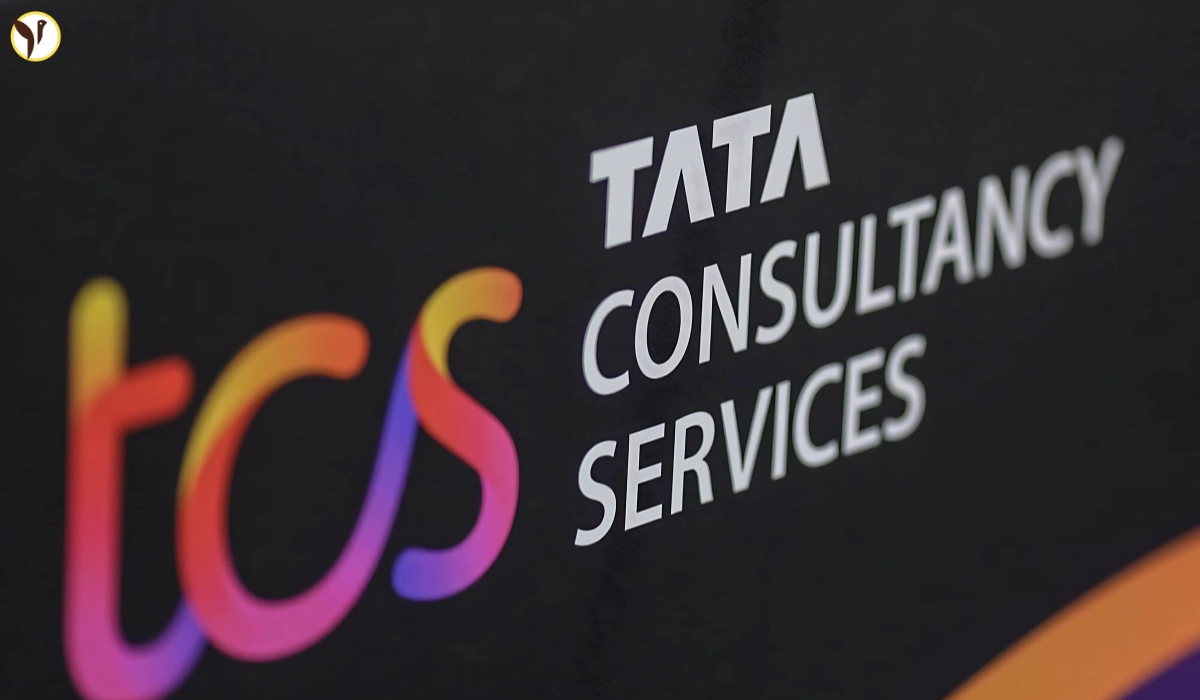Tata Consultancy Services (TCS), India’s largest IT services firm, has made headlines with its plan to lay off 12,000 employees as part of a strategic shift towards automation and AI-led transformation. This move reflects the broader trend across the IT industry where repetitive tasks are being automated, leading to workforce restructuring.
Why is TCS Laying Off 12,000 Employees?
TCS has attributed the decision to its aggressive focus on AI, automation, and digital transformation. The company aims to streamline its operations, eliminate redundancy, and optimize its workforce by phasing out roles that are being replaced by intelligent systems and AI-driven tools. As businesses shift their priorities, TCS is aligning its strategy to remain competitive in a rapidly evolving tech landscape.
Which Job Roles Are Most Affected?
The layoffs are expected to primarily impact:
-
Manual testing and QA roles
-
Back-office support staff
-
Low-level coding and maintenance work
-
Legacy system operators
These roles are increasingly being replaced by Robotic Process Automation (RPA), AI tools, and cloud-based solutions that require fewer human interventions.
How Automation is Reshaping the IT Industry
The Indian IT industry is undergoing a paradigm shift. From traditional service-based models, companies are now adopting AI-driven, outcome-based solutions. Technologies like:
-
Artificial Intelligence (AI)
-
Machine Learning (ML)
-
Natural Language Processing (NLP)
-
RPA and Low-Code Platforms
are being deployed to increase efficiency, accuracy, and scalability, leaving conventional roles vulnerable.
Can Upskilling Prevent Job Losses?
Yes. TCS has emphasized that it will offer internal reskilling and digital certification programs to affected employees. Those who can upskill in key areas like:
-
AI/ML
-
Data Analytics
-
Cloud Computing
-
Cybersecurity
-
DevOps
may be reassigned to newer roles. However, those unwilling or unable to reskill may face redundancy.
Comparison with Other IT Giants
TCS is not alone. The entire Indian IT sector is feeling the pressure of digital transformation:
-
Infosys laid off over 6,000 in Q1 2025
-
Wipro froze hiring for most non-tech roles
-
HCLTech invested in automation tools, reducing manual work requirements
This indicates a sector-wide push toward leaner, tech-enabled operations.
Which Roles Are Safe from Automation?
While automation is replacing repetitive tasks, roles that require creativity, strategic thinking, and human judgment remain safe. These include:
-
Solution Architects
-
AI Model Trainers
-
UI/UX Designers
-
Business Analysts
-
Cybersecurity Experts
These jobs focus more on insights, innovation, and human-centric problem-solving.
Impact on Freshers and Campus Hiring
Campus placements could also see changes. TCS and other firms are expected to:
-
Reduce intake for non-core IT roles
-
Focus on tech-ready graduates with AI/ML exposure
-
Demand certifications over degrees
-
Hire based on project experience or hackathon wins
This calls for colleges to rethink their curriculum and prepare students for the AI-first economy.
What Can IT Professionals Do Now?
To future-proof their careers, professionals should:
-
Constantly upgrade skills through online courses (Coursera, Udemy, etc.)
-
Build a portfolio in trending tech (GitHub projects, Kaggle competitions)
-
Network within the tech ecosystem (LinkedIn, conferences, meetups)
-
Explore freelancing or contract gigs in high-demand niches









